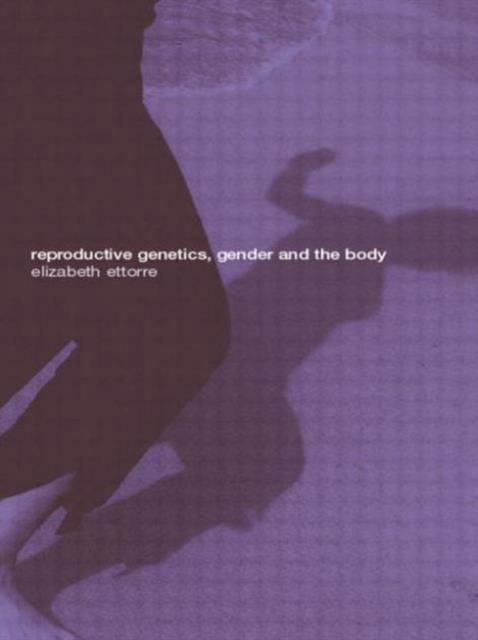
- Retrait gratuit dans votre magasin Club
- 7.000.000 titres dans notre catalogue
- Payer en toute sécurité
- Toujours un magasin près de chez vous
- Retrait gratuit dans votre magasin Club
- 7.000.000 titres dans notre catalogue
- Payer en toute sécurité
- Toujours un magasin près de chez vous
Description
This book is all about reproductive genetics, a sociological concept developed to define the use of DNA-based technologies in the medical management and supervision of reproduction and pregnant women. In a searching analysis, Elizabeth Ettorre uncovers the hidden social processes involved in the development of these technologies.
Focussing on prenatal screening, she explores how the key concepts of gender and the body are intertwined with the process of building genetic knowledge and some of the unintended consequences for women. These include the injection of biology into social relationships and the development of a gendered discourse of shame and stigmatisation in which the perfect body becomes idealised and new conceptions of disability are shaped. It becomes clear that the modernist tradition of scientific disinterestedness is being replaced by a new ethic: the making of moral judgements by scientists.
Reproductive Genetics, Gender and the Body draws on interviews with European medical, legal and nursing professionals and raises important issues around the gendered, female body, the site of genetic capital. It challenges professional and scholar alike to grapple with and think through their responsibilities in this complex field where the competing issues have yet to be resolved.
Spécifications
Parties prenantes
- Auteur(s) :
- Editeur:
Contenu
- Nombre de pages :
- 168
- Langue:
- Anglais
Caractéristiques
- EAN:
- 9780415213851
- Date de parution :
- 18-04-02
- Format:
- Livre broché
- Format numérique:
- Trade paperback (VS)
- Dimensions :
- 154 mm x 200 mm
- Poids :
- 213 g







